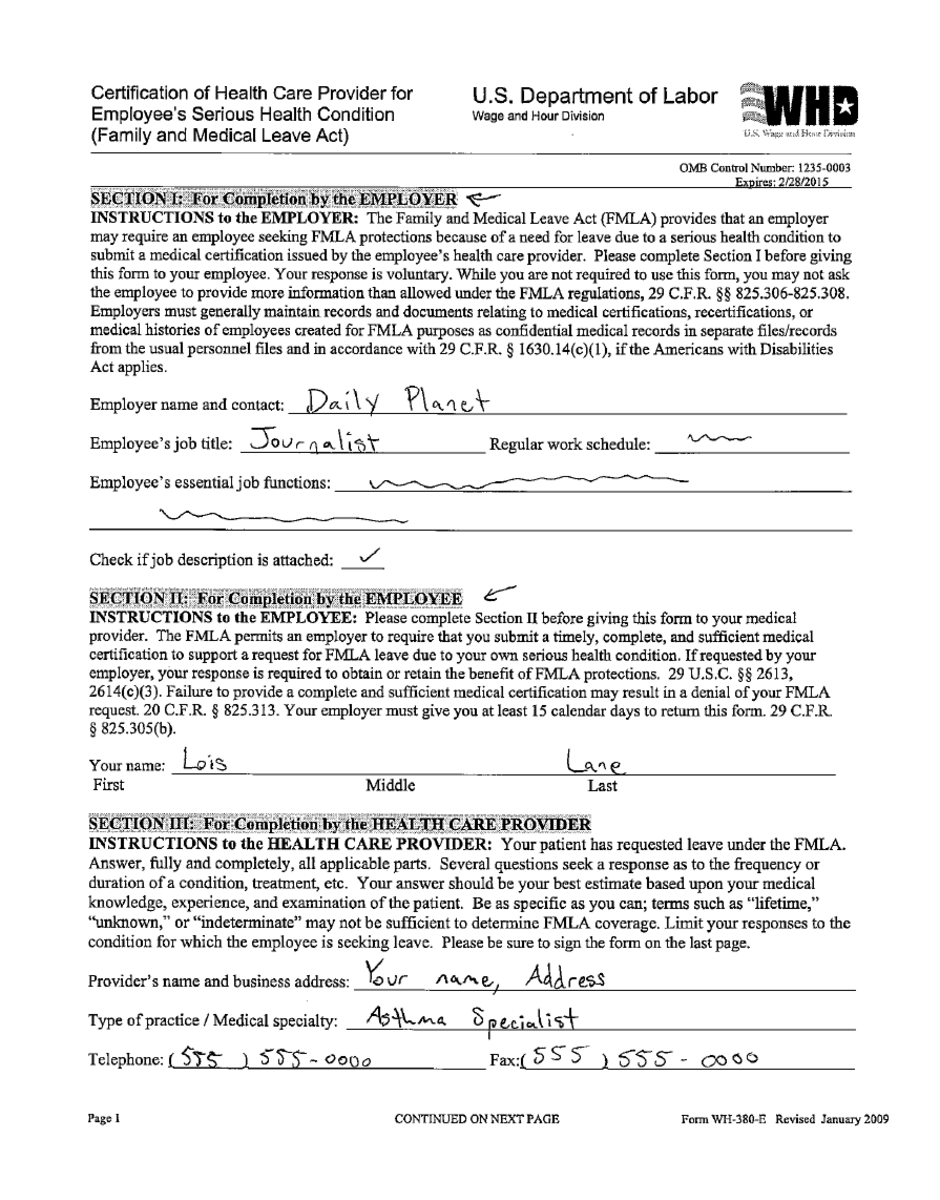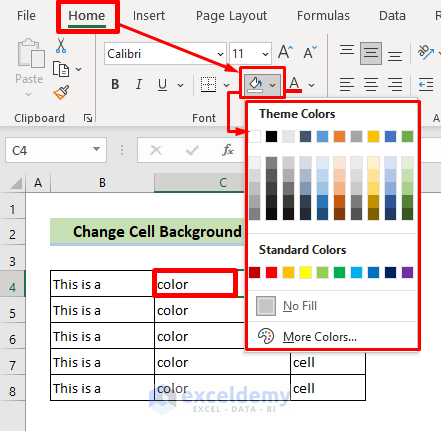Essential Paperwork for Employee Transfers: A Complete Checklist

Understanding the Importance of Documentation in Employee Transfers

Transferring employees between departments or different company locations can be a complex process. Proper documentation is key to ensuring a smooth transition for both the employee and the organization. Here's a comprehensive guide to the essential paperwork involved in employee transfers:
Basic Employee Information and Transfer Request

The first step in any employee transfer is to gather the basic information about the employee:
- Full name, employee ID, and current position
- Department or location where the transfer is requested
- Date of the transfer request
- Name of the supervisor or manager who is initiating the transfer
A transfer request form might look like this:
| Employee Information | Details |
|---|---|
| Employee Name: | John Doe |
| Employee ID: | 123456 |
| Current Position: | Senior Analyst |
| Requested Transfer: | From Marketing to Product Development |
| Transfer Request Date: | April 10, 2023 |
| Manager: | Jane Smith |

Next, it's important to formalize the transfer with a written transfer request. This document should:
- Include the employee's signature for consent.
- Provide a clear rationale for the transfer, aligning with business objectives.
📝 Note: The transfer request should be routed through the HR department for approval.
Authorization and Compliance Documents

Once the transfer request is made, HR needs to ensure all legal and compliance paperwork is in place:
- Transfer Authorization: A document signed by the HR manager, the department manager of the employee's current department, and the department manager of the new position.
- Compliance Check: Ensure compliance with labor laws, work visas, and internal transfer policies.
- Non-compete Agreements: If relevant, review or update non-compete agreements.
Employee Personal File Updates

Updating the employee’s personal file is crucial:
- Update the employee's records with the new department, position, and manager details.
- Review and update personal information if necessary, including emergency contacts.
- Document changes to employee benefits, compensation, or work schedules that might occur due to the transfer.
Administrative and IT Setup

Administrative preparations ensure the employee can start working in the new role effectively:
- Provide a transfer notification to all relevant stakeholders.
- Arrange for office space, equipment, and any necessary software or hardware.
- Update access privileges, system permissions, and IT support.
Performance and Training Documentation

Ensuring the employee has the skills and knowledge for the new role is vital:
- Set up performance review criteria for the new role.
- Schedule necessary training sessions or orientation sessions.
- Document any certifications or courses the employee needs to complete.
Transfer Completion and Follow-up

Completing the transfer involves several steps:
- Confirm transfer acceptance with a formal acceptance letter or email.
- Issue or revise the employment contract.
- Conduct an exit interview with the previous department manager.
- Perform a post-transfer follow-up meeting with the employee to ensure satisfaction.
This process should be seamless and well-documented, ensuring no loose ends or misunderstandings occur during the transfer.
In summary, managing an employee transfer requires careful attention to detail and a structured approach to documentation. From gathering basic employee information to finalizing the transfer with a follow-up meeting, each step plays a critical role in facilitating a successful transition. The paperwork involved not only helps in the administrative and compliance aspects but also ensures that the employee's needs and career progression are taken care of, contributing to overall job satisfaction and productivity within the organization.
What is the role of HR in employee transfers?

+
HR plays a central role in coordinating and ensuring all compliance, legal, and administrative aspects of an employee transfer are met. They act as the liaison between departments, ensuring all parties are informed and the transfer adheres to company policies and employment laws.
Do I need to inform my current supervisor before initiating a transfer request?

+
Yes, notifying your current supervisor is important. It ensures they are aware of your intentions, allowing for smoother planning of workflows and replacement if necessary.
How long does the transfer process typically take?

+
The duration can vary from a few days to several weeks or more, depending on the complexity of the transfer, policy, and compliance requirements. Clear communication with HR can help manage expectations.
What if my transfer request is denied?

+
If your transfer request is denied, HR or your manager should provide reasons. You can address any concerns or explore alternative roles or internal development opportunities that align with your career goals.



